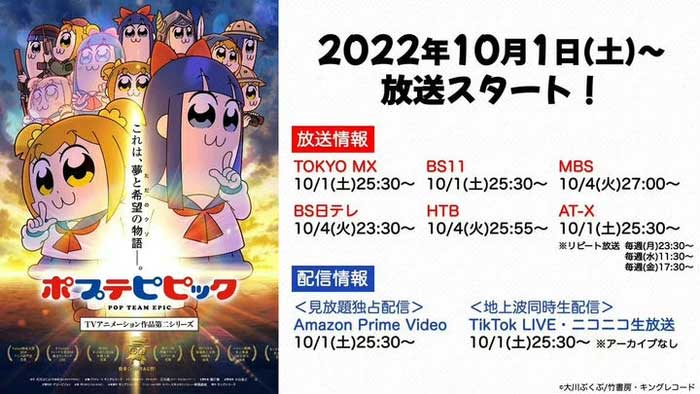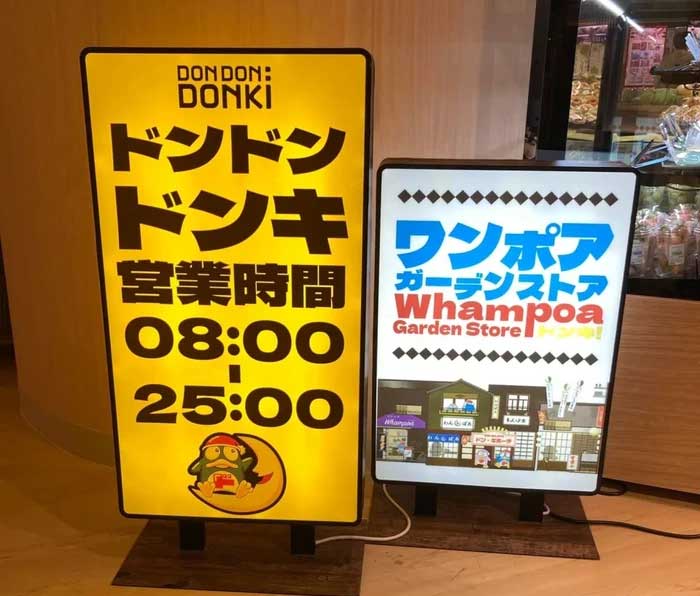A day in Japan can be up to 30 hours long, does this country live in a different 'timeline'?
If you are a regular watcher of Japanese TV shows or anime, you may have noticed a rather strange rule: these shows display their running time beyond the usual 24-hour mark of a day.
Take the TV show times below for example, some of which are shown as 25:30 or even 27:00. Could it be that the Japanese live in a different "timeline" where a day is longer than 24 hours?

For late night activities they use a slightly different time system.
Actually, that's not true. The Japanese still experience 24 hours a day like everywhere else in the world. However, for late-night activities such as TV shows, bars, clubs. they use a slightly different time system , which can be temporarily called the 30-hour time system . Accordingly, this time system ends a day at 6am the next morning instead of the usual 24 hours at night.
That is, every time after 24:00 to 6:00 am is converted to this time system in businesses or nighttime TV shows. For example, 1:00 am will become 25:00, 2:45 am will become 26:45.
Why bother? It's not complicated at all. The reason they use such a strange time system is to ensure that service users don't get confused about their operating hours , and don't have to worry about clearly stating the hours of the day/night . For example, a late-night bar instead of stating its opening hours as 10pm - 2am can simply state it as 10pm - 10pm so that customers understand.
For example, the Dondon Donki chain of stores in Japan lists its hours of operation as 8:00 to 25:00, meaning it is open from 8:00 a.m. to 1:00 a.m. the following day. If it were listed as 8:00 to 1:00 a.m., customers might be mistaken that the store is only open until 1:00 p.m.

The Dondon Donki chain of stores in Japan lists its hours of operation as 8:00 to 25:00.
The reason for this time system is partly because closing time is considered a continuation of the previous working day, and perhaps also because of the cultural perception that late night or early morning is considered part of the previous day, rather than being strictly divided into 24 hours. Television stations will also frequently use this notation in their late night programming. However, this usage of time is rarely used in everyday conversation.
One case where it is used in everyday communication is probably when night shift workers refer to their shifts to avoid confusing the night shift with the day shift. Another benefit is that you can easily calculate the number of working hours in this time system. For example, a facility that is open from 6pm to 11pm will easily be calculated as operating for 7 hours. Meanwhile, if you write it the way it is commonly used in the world, you have to take another step of adding and subtracting past the 24-hour mark, which only takes a few seconds but is a bit inconvenient if you are busy.
- The principle of eating only 80% of the oldest people in Japan
- What factors helped Japan become the safest country in the world?
- Japan - the most exotic country on Earth
- Shortest live insects - Ephemeridae (Ephemeridae)
- Interesting things about Japan
- How did Japan fix the death toll of 30m in two days?
- These simple elements help you live long
- The secret to living the longest in the world
- Do not eat, do not drink after how long we die?
- Simple ways to live long
- 18 interesting facts about Japan
- Japan: Heavy rain causes many people to die and disappear
 'Fine laughs' - Scary and painful torture in ancient times
'Fine laughs' - Scary and painful torture in ancient times The sequence of numbers 142857 of the Egyptian pyramids is known as the strangest number in the world - Why?
The sequence of numbers 142857 of the Egyptian pyramids is known as the strangest number in the world - Why? History of the iron
History of the iron What is alum?
What is alum?